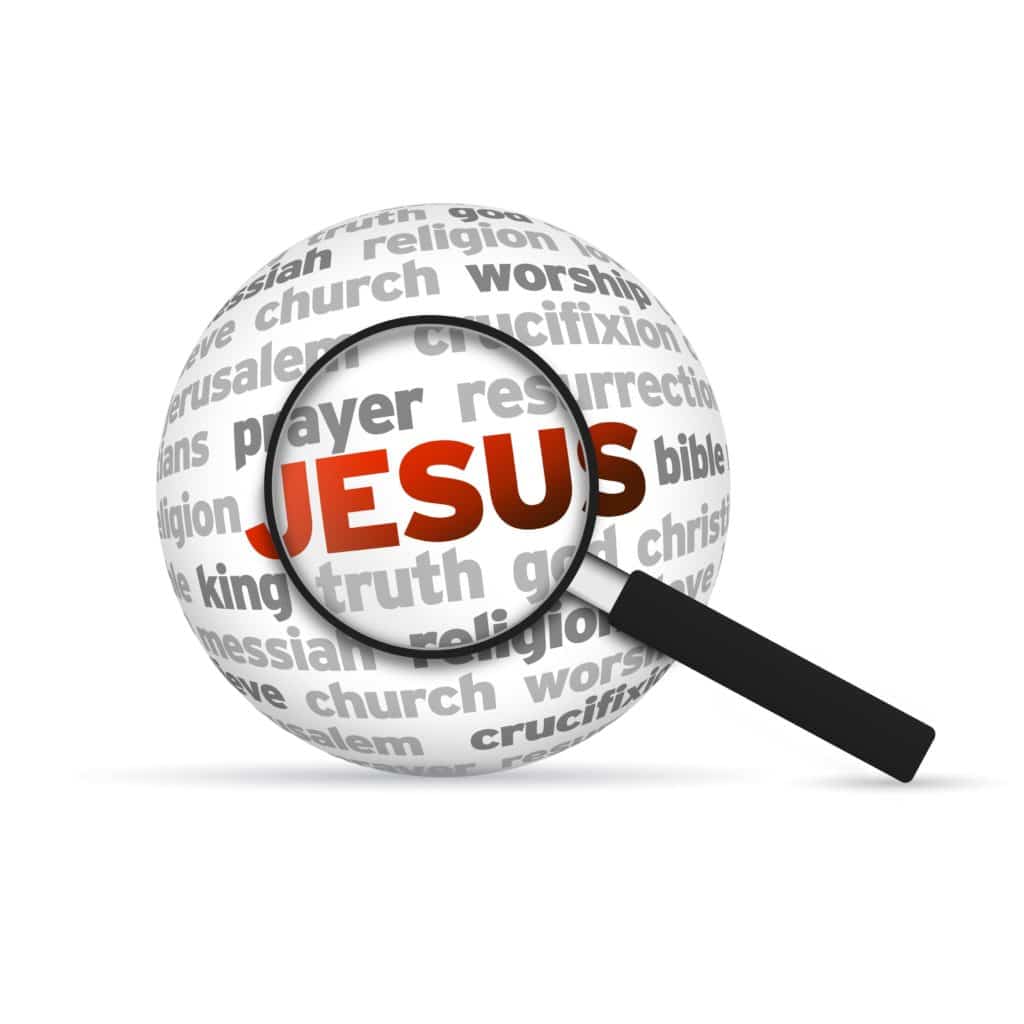Kingdom Incarnate Part 8

At Keys Vineyard Church, we are presenting a series called ‘Kingdom Incarnate,’ which we post here on Online Bible Institute.
We continue in our series ‘Kingdom Incarnate,’ which endeavors to teach us to ‘see’ and ‘know’ Jesus in the gospels. Last week, we looked at Jesus walking on the water. This week, we will look at a man born blind.
John 9:1-7 (NIV)
1 As he went along, he saw a man blind from birth. 2 His disciples asked him, “Rabbi, who sinned, this man or his parents, that he was born blind?” 3 “Neither this man nor his parents sinned,” said Jesus, “but this happened so that the work of God might be displayed in his life. 4 As long as it is day, we must do the work of him who sent me. Night is coming, when no one can work. 5 While I am in the world, I am the light of the world.” 6 Having said this, he spit on the ground, made some mud with the saliva, and put it on the man’s eyes. 7 “Go,” he told him, “wash in the Pool of Siloam” (this word means Sent). So the man went and washed, and came home seeing.
One of the most profound miracles recorded in Scripture is found in John 9, where Jesus heals a man who was born blind. This miracle serves as more than just a demonstration of Jesus’ divine power—it also reveals a deeper truth about spiritual blindness and its consequences.
The blind man in John 9 represents all of humanity apart from Christ—born in spiritual darkness, unable to see the truth without divine intervention. When the disciples ask Jesus why the man was born blind, Jesus responds:
“Neither this man nor his parents sinned, but this happened so that the works of God might be displayed in him.” (John 9:3, NIV)
Jesus shifts the focus from blame to purpose. This man’s physical blindness was an opportunity for God’s glory to be revealed. Likewise, spiritual blindness is not just a condition but a call to seek God’s truth.
After Jesus restored man’s vision, the Pharisees refused to believe. Instead of rejoicing over the miracle, they question, criticize, and eventually excommunicate the healed man (John 9:34). Their reaction exposes a crucial reality: spiritual blindness is often willful.
Even when confronted with undeniable truth, people can resist seeing it. The Pharisees had all the knowledge, the Scriptures, and even direct evidence of Jesus’ power, yet their pride and legalism prevented them from accepting Him. This mirrors what Jesus later says:
“For judgment I have come into this world, so that the blind will see and those who see will become blind.” (John 9:39)
Those who admit their blindness are given sight, but those who think they see—without Christ—remain in darkness. Spiritual blindness is a condition that affects many today. People may have access to Scripture, hear the gospel, and even witness God at work, yet still reject Him because of pride, tradition, or fear. Jesus, however, offers healing to those who acknowledge their need.
The healed man’s response is one we should all strive for:
“Lord, I believe.” And he worshiped Him. (John 9:38)
True sight comes through faith in Jesus. The question remains: Are we willing to see?
This weekend at Keys Vineyard Church, we will discuss all this and more, so be sure to join us in person or online.
Steve Lawes is a pastor at Keys Vineyard Church and also the founder of the Online Bible Institute Network.

